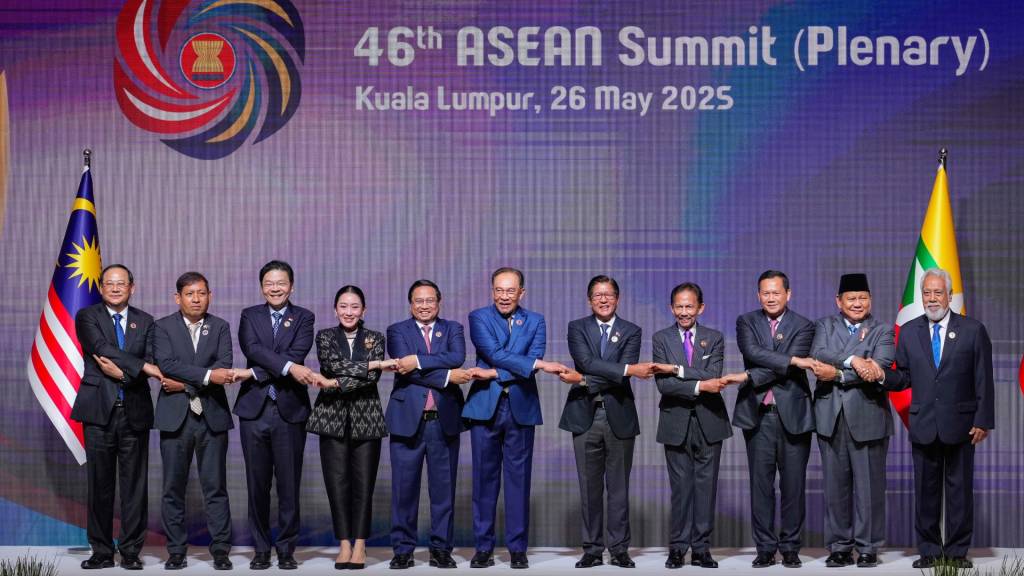Diplomacy, economic ties and cultural exchanges have helped Australia increase its influence in a key region as US clout wanes under the Trump administration.
Australia has increased its standing as one of the most powerful countries in Southeast Asia, where American influence has waned due to the Trump administration’s policies.
The nation ranked fourth for overall influence in the Lowy Institute’s Asia Power Index for 2025, up from fifth place the previous year.
The institute’s annual report assesses the relative importance of ten external partners to the 11 countries in Southeast Asia, based on their economic and diplomatic relationships, defence networks, and cultural influence.
The report found that Australia has the strongest influence in neighbouring East Timor, where it is the leading diplomatic partner and aid provider, providing support in areas such as infrastructure, health, and education.
Essential reading for Australia’s public service.
Stay ahead of policy shifts, leadership moves, and the big ideas shaping the public service. Sign up to The Mandarin’s free newsletters.
By continuing, you agree to our Terms & Conditions and Privacy Policy.
Australia played a key role in East Timorese independence from Indonesia around the turn of the century.
Regionally, Australia’s strength across Southeast Asian countries was in defence networks, where it ranked second after the United States according to the index.
Canberra’s relations are deepest with Commonwealth countries, including Brunei, Malaysia, and Singapore, driven by defence co-operation and investment ties.
At the top of the standings, China has overtaken the US as the leading power in the region due to its economic influence, knocking the US into second.
“(China) leads with economic relationships but backs this with consistent diplomacy across the region,” the report said.
US influence is likely to erode further due to the Trump administration’s global policies, including tariffs, foreign assistance and restrictions on international student visas, it added.
“The United States will undoubtedly lose its position as the leading provider of foreign assistance grants to the region, as it has announced it will reduce its foreign assistance by 83%,” the report said.
Japan is ranked third, followed by Australia, Malaysia, Singapore, Indonesia, South Korea, Thailand, and then Vietnam.
The index stated that Southeast Asian countries were more important to each other than they were to any external partner.
The Philippines bucked this trend, instead looking to security partners such as Australia and Japan for support in its efforts to defend its sovereignty against Chinese incursions in the South China Sea.

